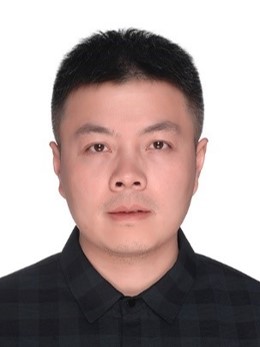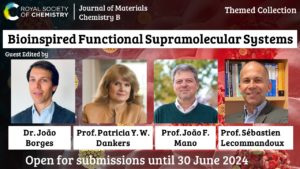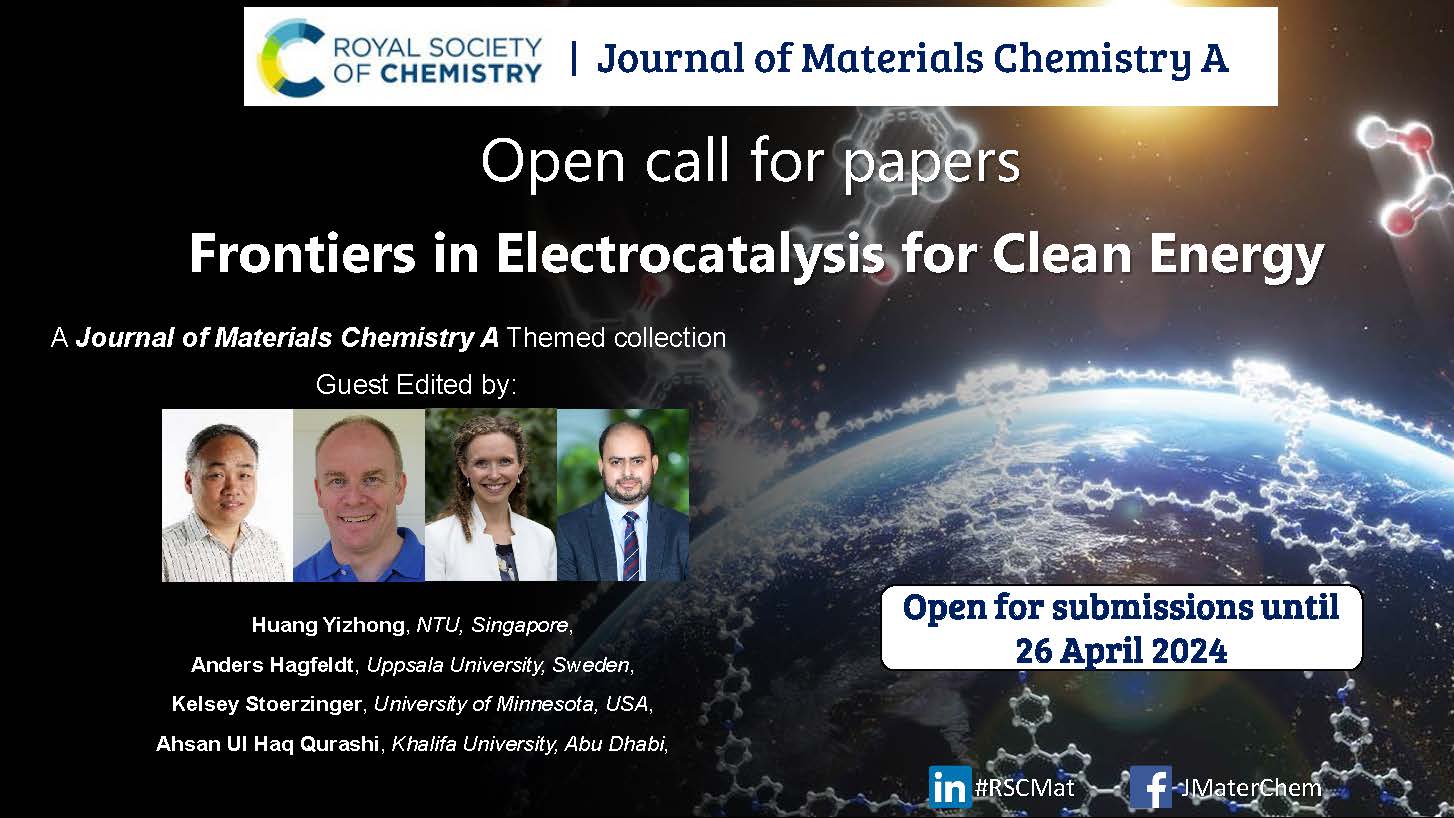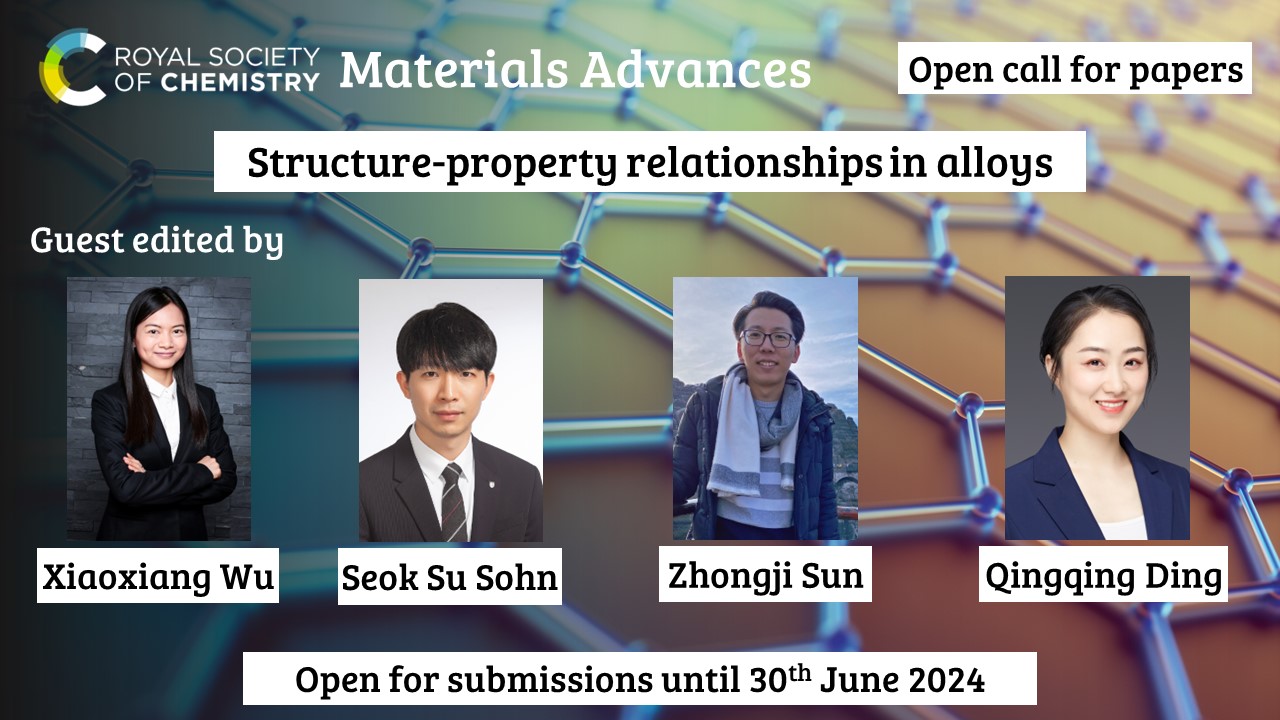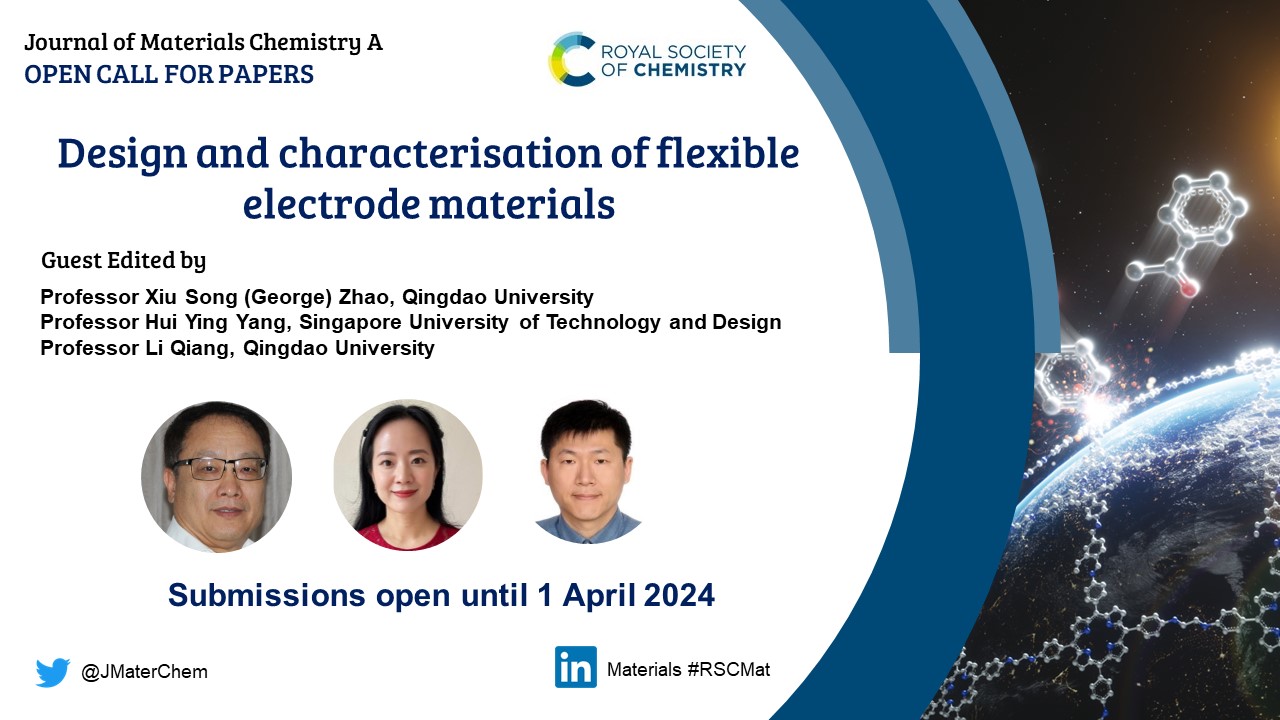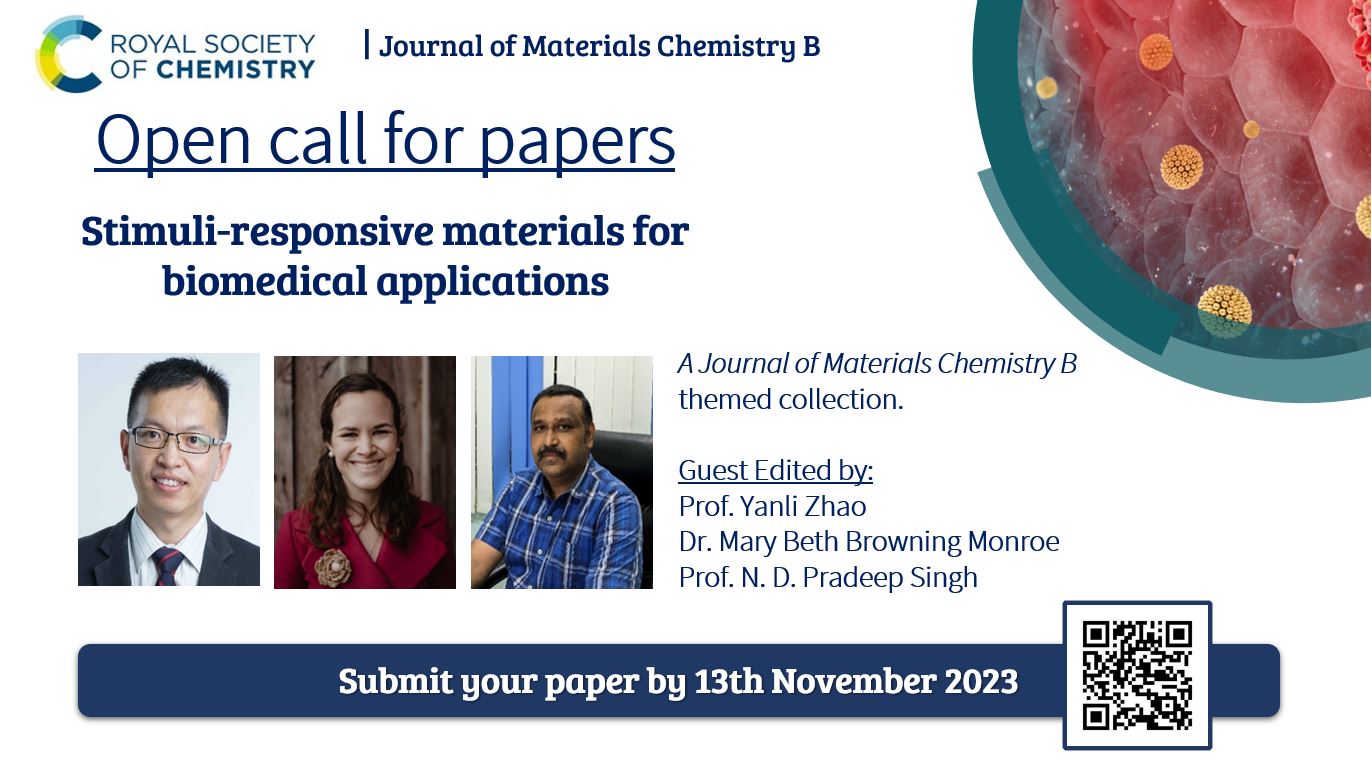Open call for papers – Bioelectronics
Journal of Materials Chemistry B and Journal of Materials Chemistry C
Guest Editors:
Dr Eleonora Macchia (University of Bari, Italy)
Dr. Eleonora Macchia (female) is tenure track Assistant Professor at Department of Pharmacy at University of Bari and Head of Research at Åbo Akademi University. She is ERC Starting Grant 2021 grantee, being PI of the project NoOne (GA number 101040383). She has been Senior Researcher, as PI of the project ProSiT, funded by Academy of Finland Research Council (GA#332106). Since March 2019, she has been project researcher at Åbo Akademi University, in the framework of the H2020 project SiMBiT (GA#824946). Previously, she has been Postdoc at University of Bari. She received her PhD in Chemical Sciences summa cum laude in 2018 from the University of Bari and her Master’s degree in Physics 110/110 cum laude in 2014 from the same institution. She was awarded with 8 scientific awards and she was selected as Top 10 candidate of the XVII Edition of the award “L’Oréal Italia Per le Donne e la Scienza”. At the age of 32, she has already published 54 publications in major international journals since 2013, with a total of 1,097 citations, yielding an h-index of 19. She is co-inventor of two patents. She is also strongly committed to the role of model for younger women scientists.
Professor Hong Liu (Southeast University, China)
Hong Liu received his B.S. and M.S. from Nanjing University with Dr. Huangxian Ju, and he received his Ph.D. from the University of Texas at Austin in the USA with Dr. Richard M. Crooks. In 2013, he joined Southeast University, and is now a professor and the deputy dean of the School of Biological Science and Medical Engineering. His research interests include bioelectronic materials and devices for diagnostics and treatments.
Professor George Malliaras (University of Cambridge, UK)
George Malliaras is the Prince Philip Professor of Technology at the University of Cambridge. He leads the Bioelectronics Laboratory, an interdisciplinary group of scientists, engineers and clinicians who translate advances in electronics to better tools for healthcare. George received a BS from the Aristotle University, Greece, a PhD from the University of Groningen, the Netherlands, and did a postdoc at the IBM Almaden Research Center, USA. Before joining Cambridge, he was a faculty member at Cornell University in the USA, where he also served as the Director of the Cornell NanoScale Facility, and at the School of Mines of St. Etienne in France. His research has been recognized with awards from the European Academy of Sciences (Blaise Pascal Medal), the Materials Research Society (Mid-Career Researcher Award), the New York Academy of Sciences (Blavatnik Award for Young Scientists), the US National Science Foundation (Faculty Early Career Development Award), and DuPont (Young Professor Award). He was awarded an Honorary Doctorate from the University of Linköping (Sweden), elected Fellow of the Materials Research Society, and is a member of the Academia Europaea and of the European Academy of Sciences.
Professor Anna-Maria Pappa (Khalifa University of Science and Technology, UAE)
Anna-Maria Pappa is an Assistant Professor at the Department of Biomedical Engineering at Khalifa University and a visiting scholar at Cambridge University. Prior to this, she was the Oppenheimer Research fellow at Cambridge University and the Maundslay-Butler Fellow at Pembroke College. She received her PhD in Bioelectronics in 2017 from Ecole des Mines de St Etienne. Anna-Maria is currently leading the lab for biosensors and biosystems on chip (LAB-BBC) focusing on developing cutting edge technologies for next generation miniaturized sensors with applications in healthcare and environmental science. Anna-Maria has received multiple awards for her research including the L’Oreal-UNESCO Women in Science award, being listed in the Innovators under 35 MIT technology review and several awards in the area of entrepreneurship and innovation.
Scope:
Bioelectronics, as the name suggests, is a research area on the interface between biology and electronics. It is an interdisciplinary field that combines not only biology and electronics but also many disciplines such as chemistry, physics, materials, and information technology. The aims of bioelectronic research are usually twofold: firstly, studying the electronic processes of biological systems, including the electronic characteristics of biological molecules, information storage and transmission in biological systems, and thus developing new information technologies based on the principles of the biological systems; The second is to apply the theories and technologies of electronic information science to solve biological problems, including the acquisition and analysis of biological information, as well as the regulation of various biological processes. The fundamental mechanism underlying all kinds of bioelectronic processes, including transduction of signal and/or energy, relies on the interfacial properties of materials. The themed collection on bioelectronics across Journal of Materials Chemistry B and Journal of Materials Chemistry C is devoted to the cutting-edge research with a focus on bioelectronic materials.
Submit now!
Extended Submissions deadline to 31 July 2024
Submissions should contain chemistry in the context of a material and should fit within the scope of Journal of Materials Chemistry B or Journal of Materials Chemistry C. Please see the journal’s page for more information on the journal’s scope, standards, article types and author guidelines.
This call for papers is open for the following primary article types:
- Communications
- Full papers
If you would like to contribute to this themed collection, you can submit your article directly to the online submission system for Journal of Materials Chemistry B or Journal of Materials Chemistry C.
Please mention that this submission is a contribution to the “Bioelectronics” themed collection in the “Themed issues” section of the submission form and add a “Note to the Editor” that this is from the Open Call.



